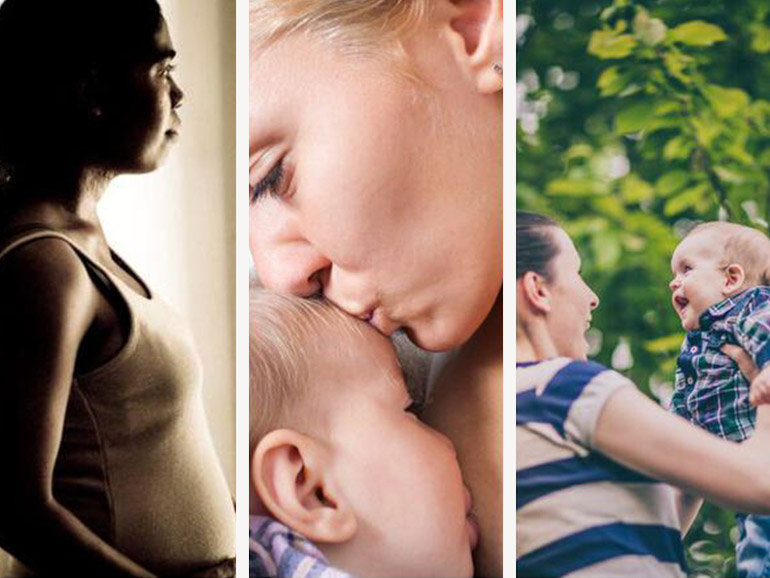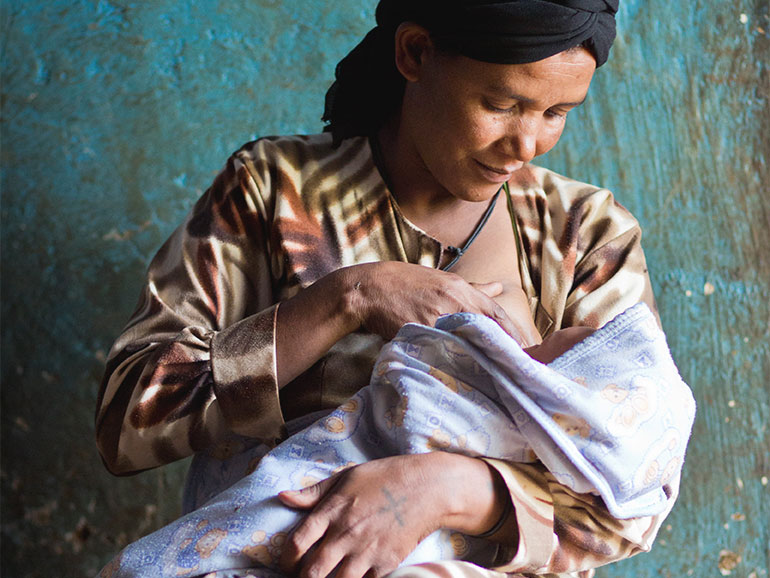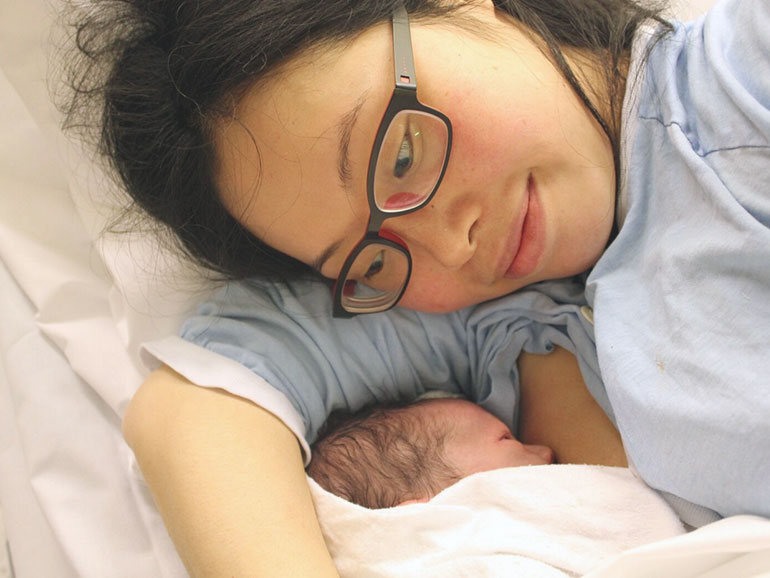Gazing into the 1,000 Days Window
Most parents will agree that pregnancy and a child’s first two years of life can feel downright magical. It’s a time marked by love, joy and growth beyond compare. But even more than that, those first 1,000 days (9 months of pregnancy + two years) represent an unparalleled opportunity to set a foundation for life-long health and wellbeing—simply by eating right.
The long-term benefits of a healthy 1,000-day window can’t be underemphasized. For starters, during pregnancy, a well-balanced nutritious diet promotes optimal development of babies’ rapidly growing brains (by birth, a baby’s brain will contain 100 billion neurons!) and sets the stage for healthy food preferences (incredibly, babies’ senses of smell and taste begin to develop during the first trimester, which means all the early “tasting” a baby does in utero will influence his food preferences later on).
Once born, breastmilk is a veritable superfood for babies—which is why the American Academy of Pediatrics and World Health Organization recommend exclusive breastfeeding for the first 6 months—and serves as the first immunization against disease and illness. And introducing nutrients from a variety of wholesome foods starting at age 6 months through toddlerhood ensures healthy growth and aids in obesity prevention.
But the benefits of healthy eating don’t end once a child turns two. To the contrary, the impact of good nutrition early in life can reach far into the future. Children who get the right nutrition in their first 1,000 days are ten times more likely to overcome life-threatening childhood diseases, complete nearly five more grades in school, go on to earn 21% more in wages as adults and are more likely to have healthier families of their own.
On an individual level, these benefits can be life altering. Collectively, they can change the world. Evidence shows that the right nutrition in this critical window of time saves more than 1 million lives each year, reduces the risk for developing diseases like diabetes, and increases a country’s GDP by as much as 11 percent year over year!
These statistics are so much more than just numbers. They represent the potential that can be unlocked with one of life’s most basic resources: food. Investing in better nutrition in the 1,000-day window can help families, communities and countries rise out of poverty, thereby shaping a society’s long-term health, stability and prosperity.
This is why we emphasize proper nutrition in the first 1,000 days; it’s the key to long lasting health and development. Without it, lives are lost and diseases flourish—and moms and babies everywhere deserve better.
Maureen Shaw is a writer, editor and proud mama who has dedicated the better part of the past decade to volunteering and working with NGOs and nonprofits. Her writing has been featured widely online, including sherights.com (which she founded in 2011), The Huffington Post, Mic.com, Feministing, Jezebel and more. Maureen holds a Master’s of Arts in Human Rights from Columbia University. You can follow her on Twitter at @MaureenShaw.



